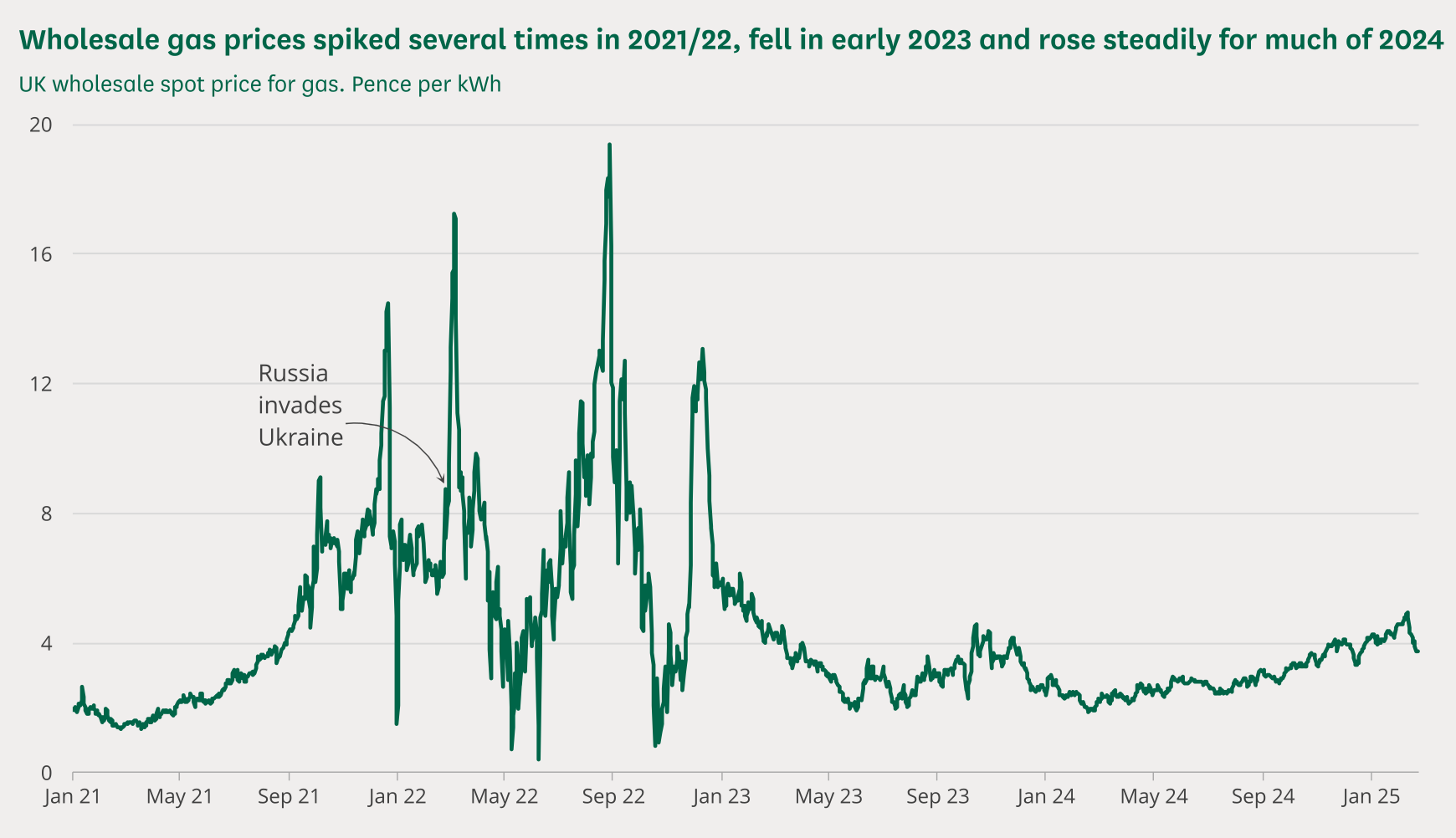The UK’s energy regulator, Ofgem, has announced a 6.4% increase in the energy price cap, effective from April 1, 2025.
According to the UK Government, this adjustment will raise the average annual energy bill for typical households paying by direct debit from £1,738 to £1,849, equating to an additional £9 per month.
Understanding the Energy Price Cap
The energy price cap is a mechanism introduced by Ofgem to limit the maximum amount energy suppliers can charge consumers on standard variable tariffs. Martin Lewis from Money Saving Expert explains that it reflects wholesale energy costs and aims to protect consumers from excessive charges.
While the cap sets a maximum price per unit of energy, individual bills still vary based on consumption, location, and payment methods.

The Impact on Households
From April 1, 2025, the cap on electricity prices will rise from 25p to 27p per kilowatt-hour (kWh), while the standing charge will decrease from 61p to 54p. Gas prices will also see adjustments, with the average price per kWh increasing, contributing to the overall rise in annual bills.
The 6.4% increase means that households on standard variable tariffs will see their annual energy bills rise by approximately £111. This change underscores the importance of energy efficiency and exploring potential cost-saving measures.
Government and Industry Responses
In light of the rising energy costs, the UK government has introduced additional support measures to assist consumers, particularly vulnerable households. These initiatives aim to mitigate the financial impact and promote energy efficiency.
While the current price cap is set for April to June 2025, future adjustments will depend on wholesale energy prices and other market factors. Consumers are encouraged to stay informed about potential changes and consider fixed-rate tariffs or other strategies to manage energy expenses effectively.




